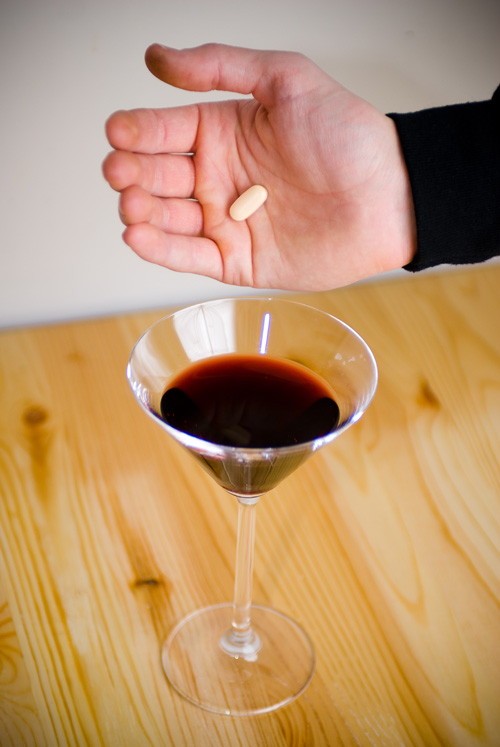Exposing the truth about date rape
New campaign aims to dispel myths
On your next visit to a bar, make sure someone is keeping tabs on your drink, states a new campaign. Even safer is buying sealed bottles, as it could be the bartender who is slipping you something extra.
On his first day of a visit to Turkey, Jason (pseudonym, real name undisclosed) went with some friends to a bar in a busy tourist area.
But just a few sips into his beer, Jason’s head began pounding.
Jason locked himself in the bar’s bathroom, where he lay unconscious on the floor for over an hour. He threw up the entire way back to his hotel.
The next morning, a local doctor declared Jason was drugged.
“ The whole issue of sexual assault went underground. It seemed invisible—as though it doesn’t happen here.
Kate Smith, Klinic
“That’s what it was, a form of date rape like they use in North America. They use it to steal,” he said. “I didn’t know what the drug was, but she said it was a very popular one and they use it all the time.”
“Whether these drugs are used to sexually assault someone or to rob from them, these assaults do happen to men, mostly by heterosexual men,” said Nadia La Rosa with the Sexual Assault Crisis Program at Klinic Community Health Centre.
La Rosa is in charge of a new city-wide date rape campaign. On Jan. 5, the campaign launched at the University of Winnipeg with a table at Riddell Hall.
Kate Smith, Klinic Student Health Services co-ordinator, hopes to raise awareness of date rape through contact with university Counselling Services, Peer Support and the University of Winnipeg Students’ Association.
“The whole issue of sexual assault went underground. It seemed invisible—as though it doesn’t happen here,” she said.
The campaign seeks to inform about date rape and dispel common myths.
“We need to start looking at this as a societal responsibility,” said La Rosa. “We put so much focus on watching your drink, but stats haven’t changed—it puts responsibility on the victim.”
In turn, part of this campaign targets the people on the other side of the glass.
“We want to get the info out to people who might be considering drugging someone,” La Rosa said. “We don’t want to focus on just educating women.”
“It would be great if we can have good, even conflictual dialogue and move it to the next portion of resistance,” she said.
After his experience, Jason switched to only buying sealed bottles.
“I had this mindset that it won’t happen to me,” Jason said. “In the west it happens often to women… When it’s men, it’s not as reported and talked about.”
The campaign is in its early stages. La Rosa is currently contacting local bars, walk-in clinics and hotels to feature the campaign’s poster, but has so far received no definite confirmation.
She is primarily addressing 18 to 30-year-olds.
To contact the 24-hour Sexual Crisis Line, call 786-8631. For more information on the campaign, contact La Rosa at 204-784-4049.







